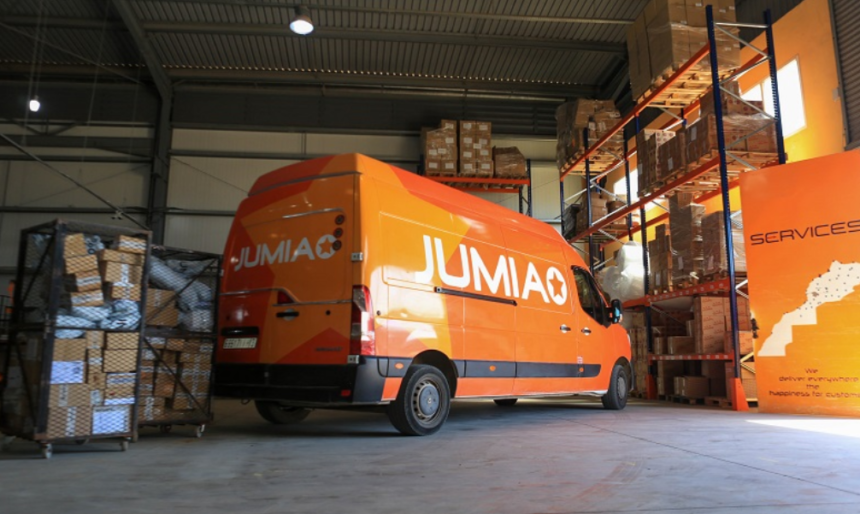The largest e-commerce brand in Africa, Jumia, has reduced its operating losses by 70% in Q1 2024. Although the brand is yet to earn profits, it can now breathe a bit after brutally cutting costs, including laying off workers and reducing its advertising costs by 30% to $3.8 million.
However, because of the macroeconomic situation in a majority of its markets, which is crushing the consumer’s purchasing power, profit remains elusive.
According to Jumia’s CEO Francis Dufay, “significant currency devaluation of our largest markets impacted both purchasing power and supply availability, making for a difficult operating environment.”
According to the financial report, the Q1 2024 revenue stands at $48.9 million, which is 18.5% higher than Q1 2023. The e-commerce brand credits the growth with the sales of electronics and household items partially offset by the impact of foreign exchange.
Jumia’s Gross Merchandise Value (total value of all goods purchased on the platform), rose by 5% to $181.5 million. A feat driven by corporate sales, enhanced marketplace margins, and a reduction in incentives and promotional expenditure.
According to the e-commerce brand, plans are being set in motion to attract a more loyal and stickier customer base.
The e-commerce brands will adopt a focused and controlled strategy for marketing expenses, with a primary emphasis on SEO and CRM.
Just in case things go south, the brand has a cash balance of $28.6 million and a $101.5 million liquidity position. Luckily, Jumia’s liquidity position had 79% held in USD, which aided in limiting their exposure to unstable local currency valuations.
On the bright side, JumiaPay transactions for Q1 2024 stand at $2 million, which is a year-to-year increase of 51.8%. The introduction of JumiaPay on delivery in one of Jumia’s largest markets enabled this massive growth as Dufay predicts that at least 50% of transactions will be cashless by the end of 2024.
Jumia’s share price saw a 5% growth to $5.47 over the past month, which shows confidence in the shareholders’ front.














